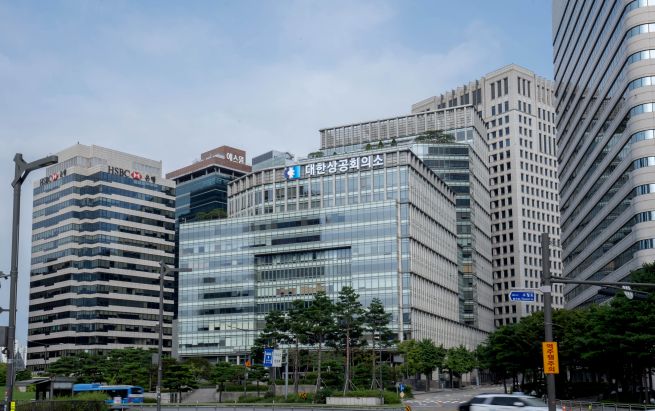SEOUL, Oct. 23 (Korea Bizwire) — South Korea remains one of only two major economies — alongside Japan — where large and small firms receive markedly different levels of tax incentives for research and development (R&D) and where unclaimed credits cannot be directly refunded, according to a new analysis by the Korea Chamber of Commerce and Industry (KCCI).
Drawing on data from the OECD’s INNOTAX portal, which tracks R&D tax support across 33 member nations, the KCCI found that only six countries — South Korea, Japan, Germany, Canada, Australia, and Iceland — apply differentiated tax credit rates based on company size. By contrast, 27 OECD countries, including the United States, the United Kingdom, and France, maintain uniform rates for all firms.
Even among those six, South Korea shows the steepest disparity. Under the current system, large companies receive just a 2 percent R&D tax credit, while small and medium-sized enterprises (SMEs) enjoy a 25 percent deduction — a 23-point gap, the widest in the OECD.
Japan’s rates range from 1 to 14 percent for large firms and 12 to 17 percent for SMEs, with certain cases where big corporations may receive higher benefits depending on their R&D investment patterns.
Meanwhile, 22 out of the 33 countries surveyed operate refund programs that reimburse companies for unused tax credits within the same fiscal year. South Korea and Japan are among the 11 nations that do not. Instead, South Korean companies can only carry forward unclaimed credits for up to 10 years, without the option of immediate cash refunds.
The KCCI emphasized that this dual disadvantage — discriminatory rates and no refund mechanism — leaves Korea and Japan isolated among advanced economies. Other countries, such as Australia, have taken the opposite approach, offering higher tax benefits to large corporations with significant R&D spending.
Among the 18 OECD nations with corporate tax credit systems similar to Korea’s, even the lowest rates — such as Italy’s and Hungary’s 10 percent — far exceed Korea’s 2 percent for large enterprises. Portugal offers the most generous R&D incentive at 32.5 percent.
The KCCI urged the government to eliminate the size-based disparity and introduce a refund mechanism to reduce uncertainty for companies investing in long-term innovation.
“In an era of intensifying global competition for technological leadership, Korea’s R&D tax framework should focus on rewarding actual innovation rather than company size,” said Kang Seok-gu, head of research at the KCCI. “Providing timely and equitable support is essential for strengthening corporate innovation capacity and national competitiveness.”
M. H. Lee (mhlee@koreabizwire.com)

